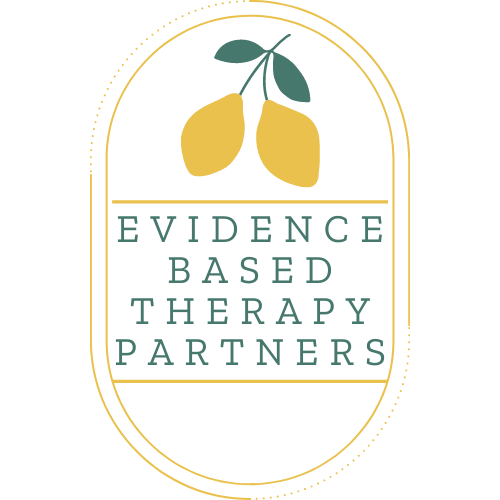
“Thousands of candles can be lighted from a single candle, and the life of the candle will not be shortened. Happiness never decreases by being shared.”
—Buddha
Mindfulness
What is Mindfulness?
Mindfulness, with roots in Buddhist tradition and Tibetan mediation, is the practice of purposefully paying attention to one’s experiences in the present moment in a non-judgmental way (Kabat-Zinn, 1994). All humans have the ability to direct and control their attention, pay attention to what is going on right now, and see things as they are. The problem is that we are reinforced for trying to split our attention and our emotions, judgments, and assumptions bring directs us away from our mindful abilities. We disconnect from our body and our attention steers away from the present moment. Mindfulness is simple in theory, yet complicated in practice.
Benefits of Mindfulness
-

Value Directed Living.
In learning to control our attention and focus on what makes sense to focus on in the moment, we naturally become more intentional and effective in our lives.
-

Embrace Experiences.
We learn how to make space for all human experiences and decrease impulses to “jump out” of our present moment.
-

Intentional Engagement.
We learn the discipline of putting our phone down to focus on an important conversation and what is happening in our lives.
-

Build Awareness.
We begin to notice our emotions and build awareness about how our behaviors impact others.
-

Improved Communication.
We become more thoughtful in communicating our needs or expectations.
Mindfulness at EBTP
Clinicians at Evidence Based Therapy Partners are committed to a personal mindfulness practice and thus are skilled at teaching and coaching others to improve attentional control and mindful awareness in their daily lives. Many modern evidence-based treatments include mindfulness as an important component of the therapy. At EBTP we utilize mindfulness in many treatment plans. In the treatments we provide, mindfulness is an integral part of Dialectical Behavior Therapy (DBT), Acceptance and Commitment Therapy (ACT), and Mindfulness-Based Stress Reduction (MBSR).
If you would like to learn more mindfulness or these treatments, feel free to reach out to schedule an appointment. Your provider can help you identify ways to incorporate a mindfulness practice into your treatment plan.
“Suffering is not enough. Life is both dreadful and wonderful...How can I smile when I am filled with so much sorrow? It is natural--you need to smile to your sorrow because you are more than your sorrow.”
— Thich Nhat Hanh

